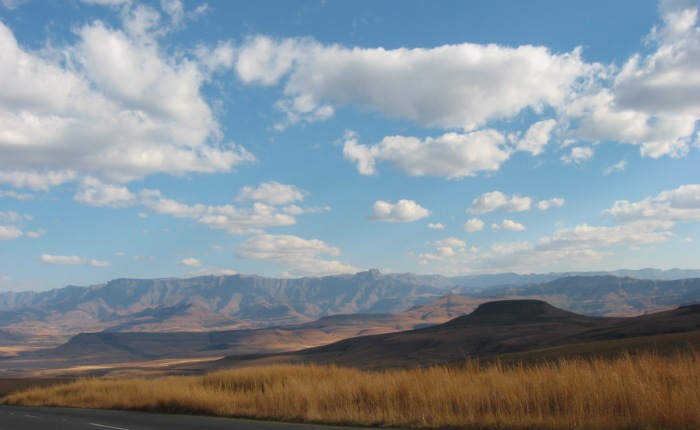The Challenge for Africa, written by Wangari Maathai, is a fascinating, and at times morbid, journey through the cultural and socio-political problems of historical and modern Afri ca. In her book, Maathai fearlessly explores various sensitive issues that plague African communities, but she does it in such a way that offers the reader a deep understanding of
ca. In her book, Maathai fearlessly explores various sensitive issues that plague African communities, but she does it in such a way that offers the reader a deep understanding of
why the issues exist and why they continue to persist. Not only does she masterfully present Africa’s complex issues to the reader, she also offers robust and comprehensive solutions that any person, community or country can use to improve life for themselves and their fellow citizens.
Throughout the book, Mathaai uses her personal narrative to exemplify the countless problems that Africa has faced since the process of decolonization began in the mid-20th century. She discusses issues of identity loss, cultural inferiority, financial dependency, political corruption etc in the context of her life and the life of citizens across Africa. That being said, this book is not all about African woes and historical inequality, it is also a book that discusses the hope and potential of the African people. Mathaai shares the success (and failures) of projects that she implemented through The Green Belt Movement, an environmental organization she established in 1977 and other international efforts.
If you are passionate about the African continent, development work or the environment, you will love The Challenge for Africa and Mathaai’s eloquent perspective on the aforementioned topics.
About the Author:
Wangari Muta Maathai, born on April 1st 1940 was a Kenyan academic, environmental and political activist, who founded the Green Belt Movement in 1977. The aim of this non-governmental environmental organization was the planting of trees and the promotion of environmental conservation and women’s rights. In 2004, Mathaai became the first African woman to ever receive the Nobel Peace Prize for “her contribution to sustainable development, democracy and peace.” After a prolific career as an academic, social and political activist, Maathai died of complications from ovarian cancer in 2011.
Most Memorable Quote:
“This struggle to preserve what they have [animals, environment and culture] and hold it close to them is one that all Africans- indeed, all peoples- should engage in. Because if the soil is denuded and the waters are polluted, the air is poisoned, wildlife is lost, and the mineral riches are mined and sold beyond the continent, nothing will be left that we can call our own. And when we have nothing to call our own, we have nothing to reflect back to us who we truly are. Without the mirror that the natural world presents to us, we will no longer see ourselves, and we will forget who we are.”
Like what you see? Join the Soukie Speaks email list and follow my Twitter, Instagram, Facebook accounts, so we can enlighten, support and empower the Arab leaders and entrepreneurs of the future together.
